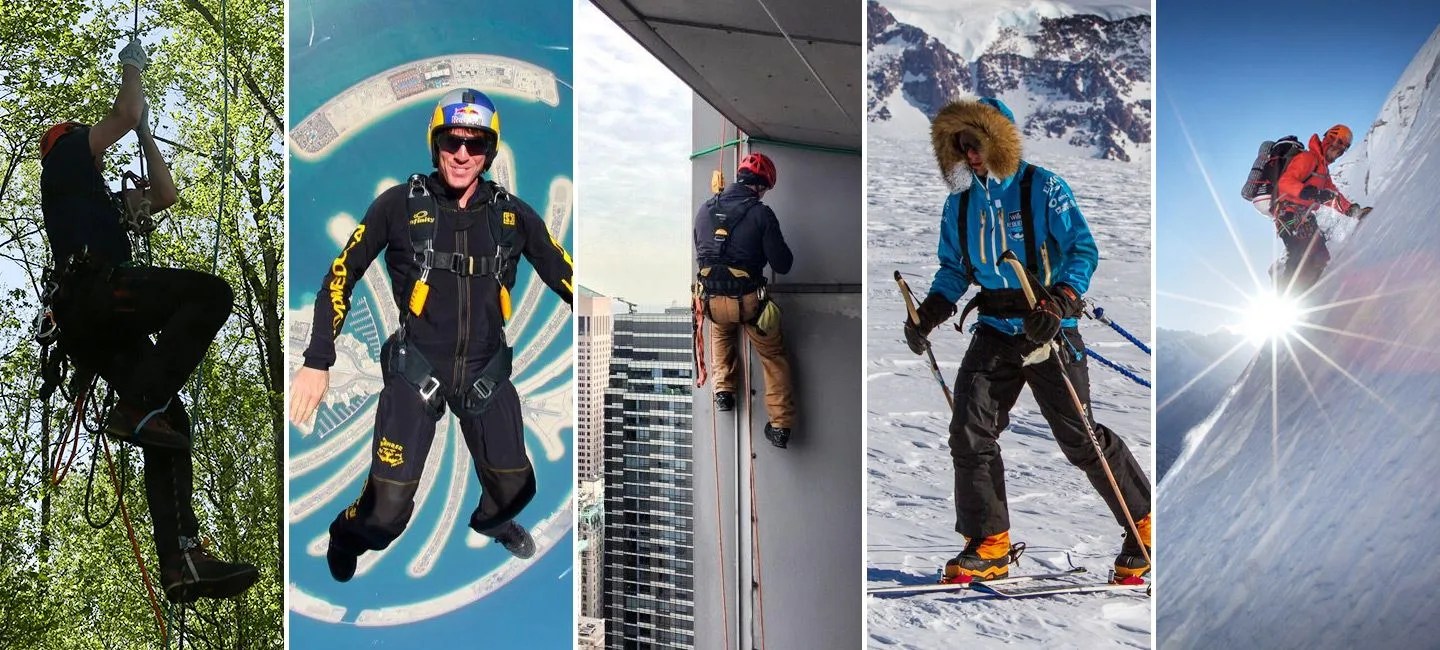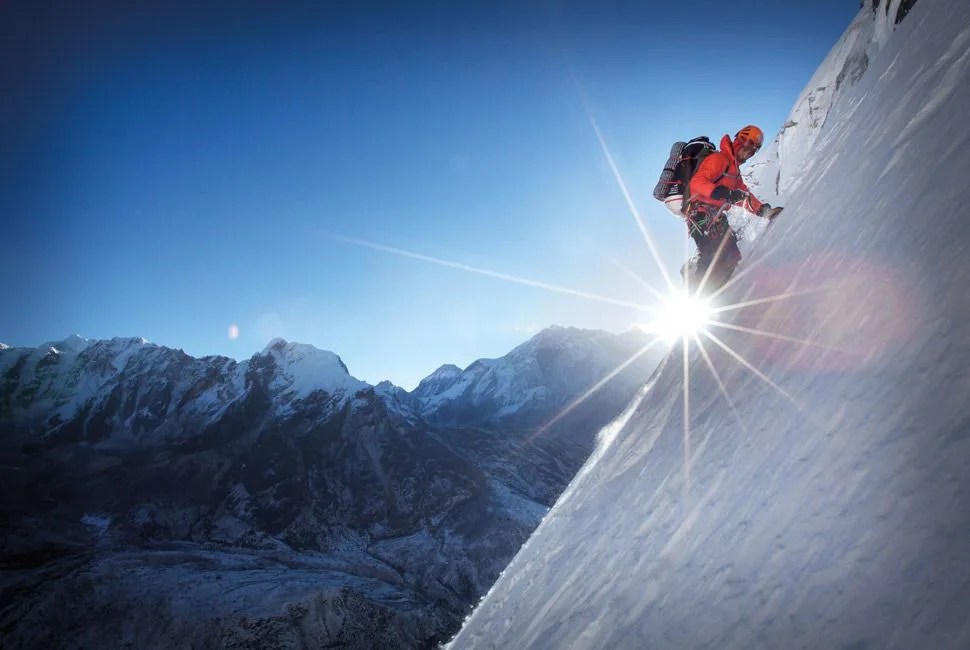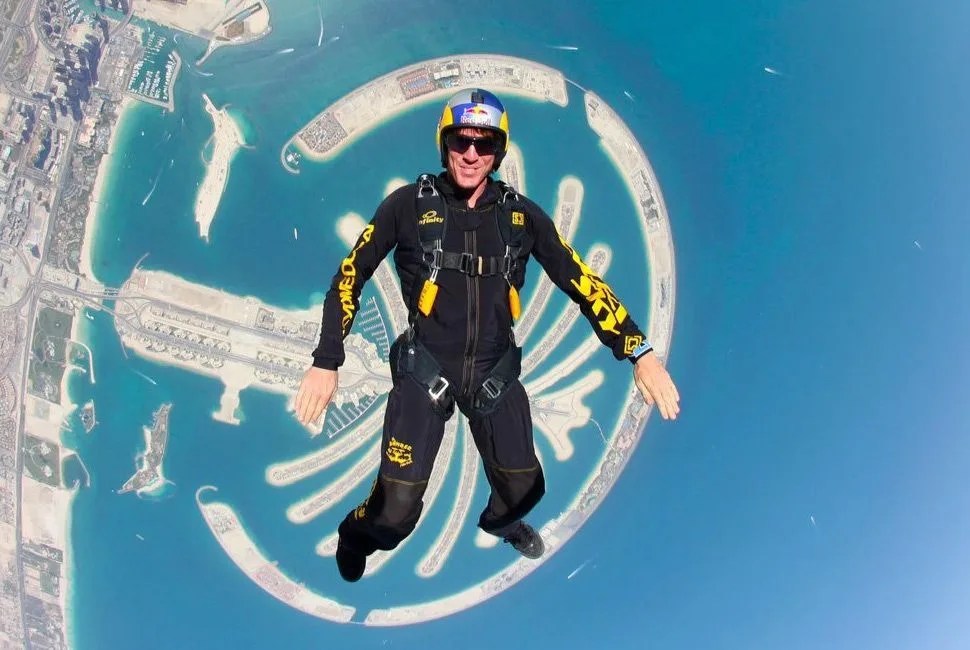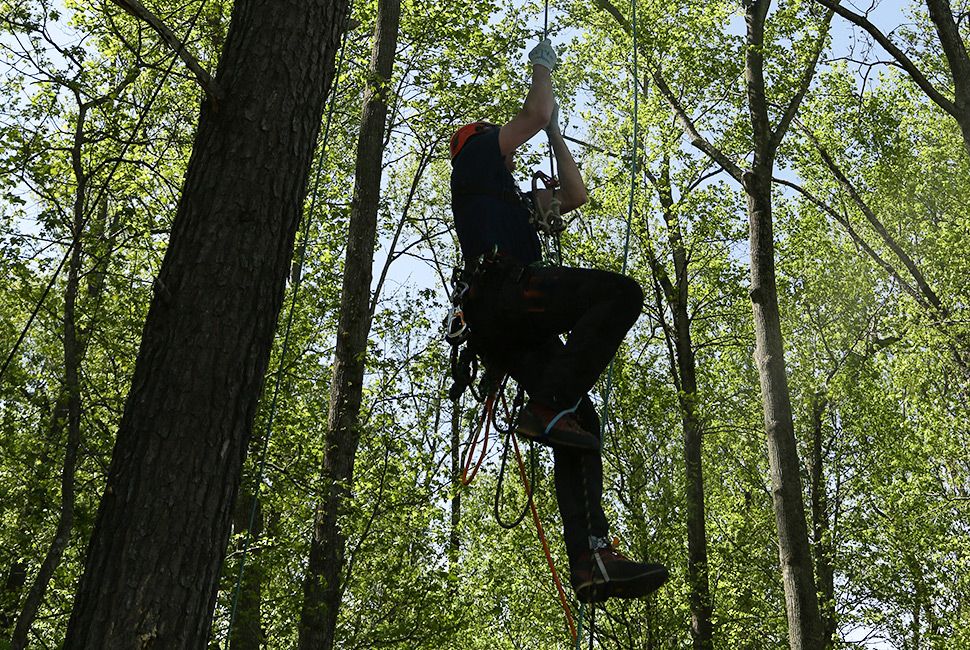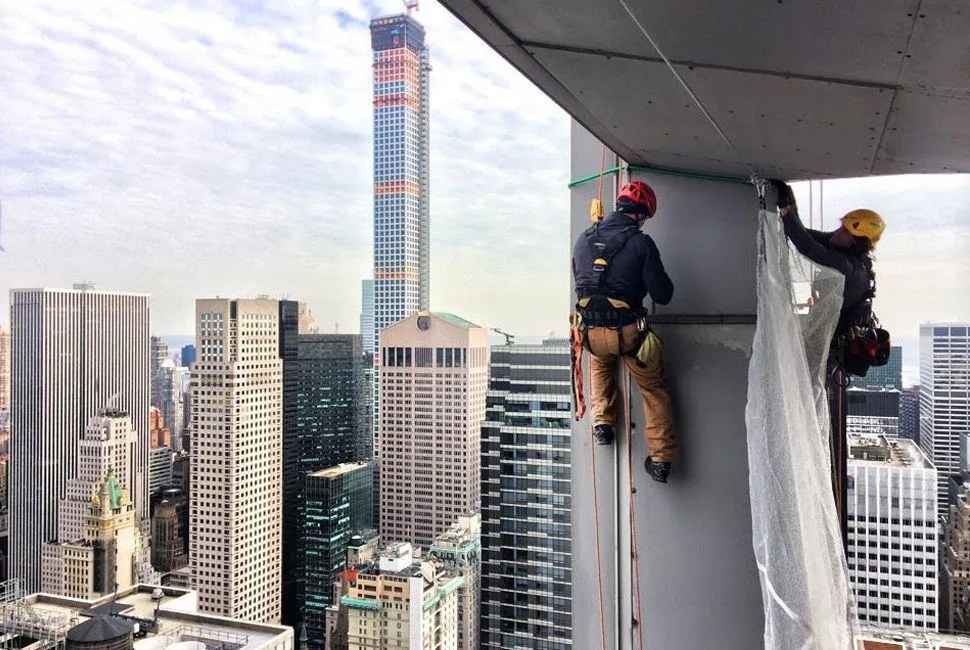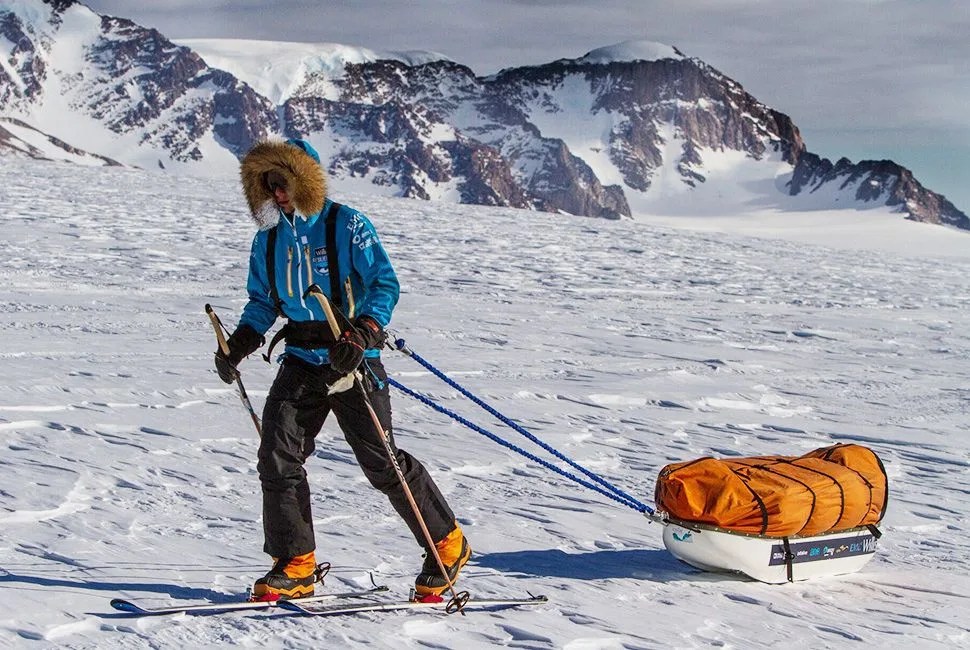Growing up there was always one friend, or maybe a cousin, who sky-ed a BMX bike off the roof, or backflipped from the trampoline to the pool, or shimmied to the highest branch of the biggest tree. They made the bloodcurdling their everyday pursuit, because that pursuit was simple for them — they were too young to really feel fear, or at least immature enough not to understand it.
As general thinking goes, eventually these wild-child types reach adulthood (or at least, most of them do) and grow up; the ones who don’t become the crazies who jump off buildings, speed-climb up mountains, and generally throw risky behavior around like a football in the backyard (no pads, of course). “Those guys are crazy,” we all like to say after watching a video of someone leaping into thin air or climbing a wall like Spider-Man or pulling a sled through the drifts of a polar ice cap.
But general thinking on this matter is both easy and untrue. In fact, most people who follow dangerous passions to careers must be experts at managing risk just as much as they are at raising finances or organizing expeditions. They must continue living to pursue their livelihoods, after all; there are a few truly suicidal thrill-seekers out there, but most have more sanity in them than they’d like to admit.
Peeling back this false understanding lays bare some of human nature’s most riveting secrets about dealing with fear and pursuing life at its most frayed edges. Risk, it turns out, is fluid as water; each man takes it in his own way. Here it is, from five men who face risk on a daily basis.
